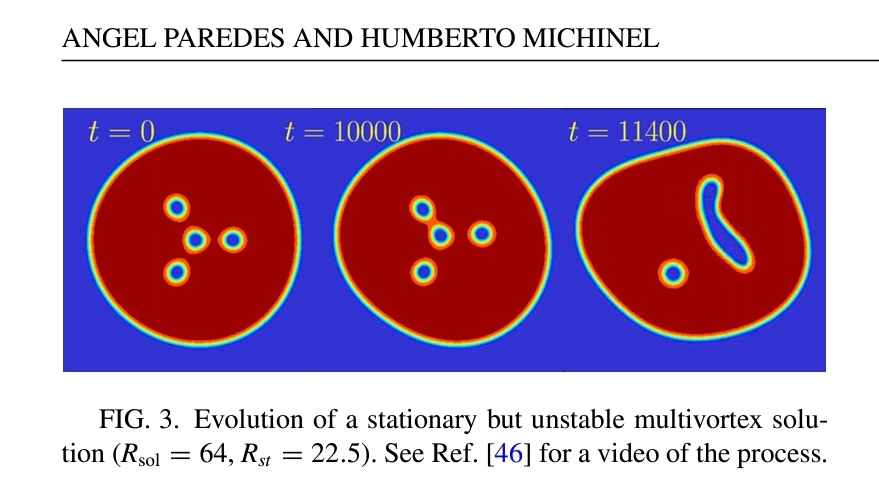AA << study collective dynamics of networks of mutually coupled identical Lorenz oscillators near a subcritical Hopf bifurcation. Such systems exhibit induced multistable behavior with interesting spatiotemporal dynamics including synchronization, desynchronization, and chimera states. >>️
<< For analysis, (AA) first consider a ring topology with nearest-neighbor coupling and find that the system may exhibit intermittent behavior due to the complex basin structures and dynamical frustration, where temporal dynamics of the oscillators in the ensemble switches between different attractors. Consequently, different oscillators may show a dynamics that is intermittently synchronized (or desynchronized), giving rise to intermittent chimera states. The behavior of the intermittent laminar phases is characterized by the characteristic time spent in the synchronization manifold, which decays as a power law. >>
<< Such intermittent dynamics is quite general and is also observed in an ensemble of a large number of oscillators arranged in variety of network topologies including nonlocal, scale-free, random, and small-world networks. >>️
Anjuman Ara Khatun, Yusra Ahmed Muthanna, et al. Collective dynamics of coupled Lorenz oscillators near the Hopf boundary: Intermittency and chimera states. Phys. Rev. E 109, 034208. March 15, 2024.
Also: transition, intermittency, chaos, chimera, network, in https://www.inkgmr.net/kwrds.html
Keywords: gst, transition, intermittency, chaos, chimera, network
